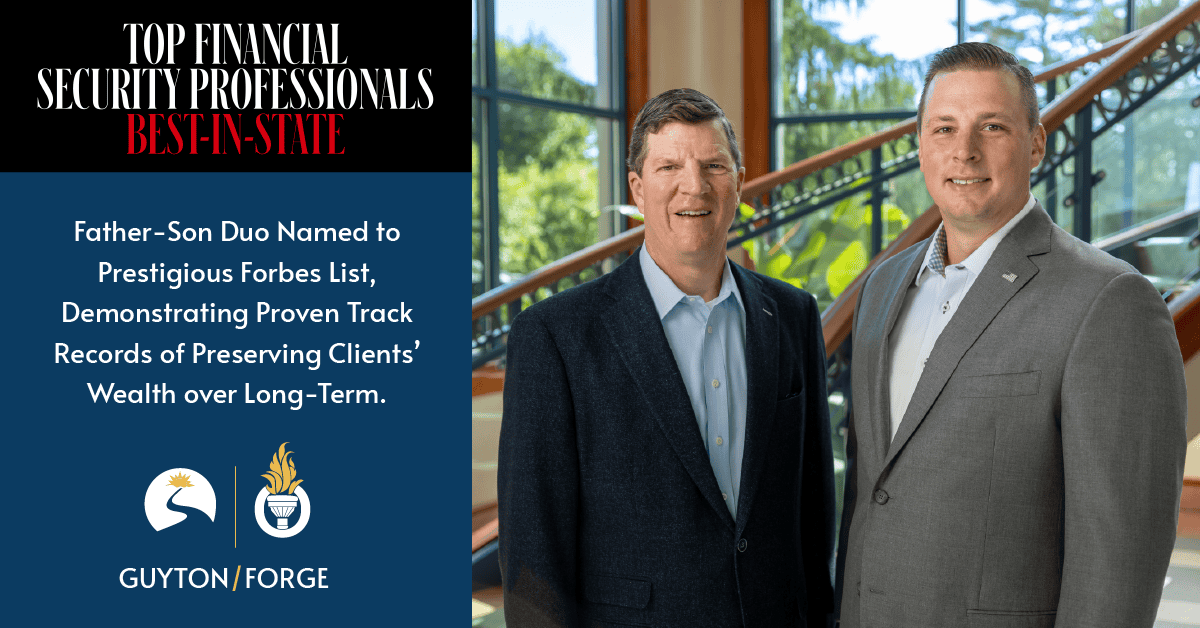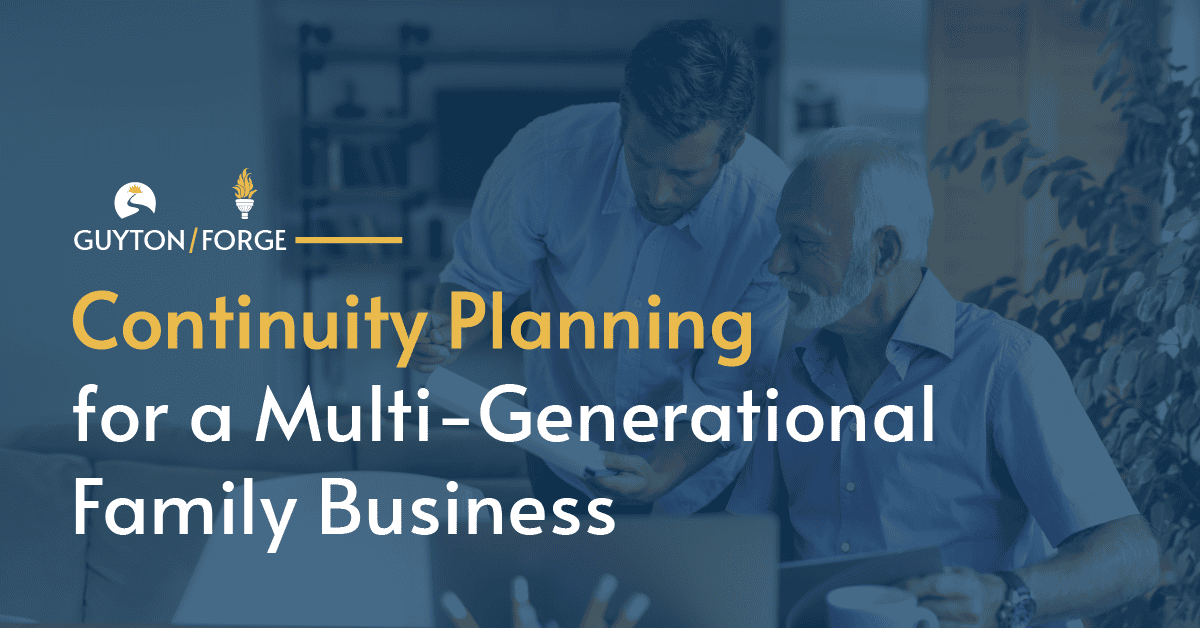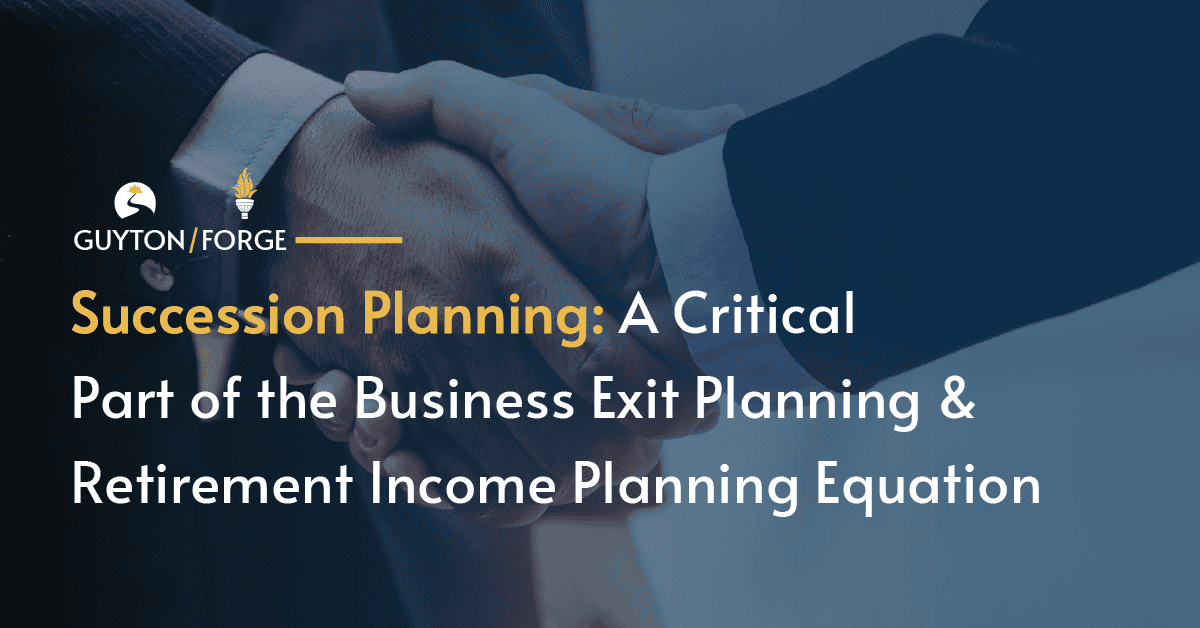Will you have enough money to retire comfortably? That’s the million dollar question!! (Wait, is a million dollars enough for retirement??).
While many people worry about whether they’ll have enough money to retire, only half of Americans have calculated how much they’ll actually need to save for their retirement.
The average American spends roughly 20 years in retirement, according to the US Department of Labor. And, as life expectancy increases, consider how living a long life – into your 90s or beyond – could impact your retirement (and your need to save more money).
It’s wise to create a retirement income plan, determining how much you’ll need to save, and setting up ongoing income streams to ensure you won’t outlive your savings.
For a comfortable retirement, you’ll want to assess your portfolio and determine how to generate the income you’ll need.
Whether you’re just starting out in your career or approaching retirement age, take proactive efforts to prepare for retirement and protect your financial health throughout your lifetime.
The Guyton-Forge team recommends doing the following:
- Understand the difference between retirement income planning and retirement planning. Retirement planning is thinking about the things you want to do in retirement, like traveling, golfing, and joining a book club. Retirement income planning considers how you’ll pay the bills when you stop working, and defines the strategies you’ll use to turn assets into income. Also, if you’re a business owner, you’ll need a business exit plan, outlining how this will contribute to your income stream through continued salary, interest on a note from a buyer, income from a cash sale, rent, etc.
- Build a solid plan that works no matter what. You need a retirement plan that will work no matter what happens with the market – or in your life. For instance, if you depend solely on stocks, and the market plummets as it did in 2020, if you’re nearing retirement age, you may not have the time to wait for the market to fully recover, as you did when you were younger. Also, plan for unexpected emergencies, such as getting sick and not being able to work as long as you anticipated prior to retiring.
- Take a holistic look at your portfolio. Consider the big picture when it comes to your portfolio. Do you own a business and a home (or multiple homes)? Do you have a 401K and/or a ROTH IRA? What about stocks and other investments? Look at all your assets, including real estate and private equity (your business), and create a plan based on what you have and what you’ll need moving forward. Derive an income from the different “classes” of money that you have, and ensure that your portfolio and retirement plan are fully integrated.
- Start early. It’s never too early to start saving for retirement. Even people in their 20s and 30s should build up their savings and participate in a 401K – especially if their employer offers contribution matching. It can be helpful to set up automatic monthly transfers from your checking account into your retirement account so you can “set it and forget it.” This helps ensure that you’re regularly contributing to your retirement account from an early age, so you can watch that account grow as you age. At least five or 10 years before you plan to retire, take a closer look at your portfolio and income streams. If you’re not close to meeting your financial goals, take proactive steps to improve your situation. Work with a financial professional who can assess your financial position and goals, and help you create a plan to get you from where you are to where you want to be.
- Select the best retirement plan (or plans) for you. There’s no perfect solution for everyone, so determine what retirement plan (or combination of plans) works best for your specific situation. For instance, if your employer offers a 401K plan, consider participating in that – especially if the company matches your contributions. Ideally, you’ll choose retirement plans that provide tax advantages and/or additional savings incentives (like matching contributions). It’s common to select a traditional or ROTH IRA account, often in combination with a 401K and other plans. If you own a business, consider setting up a pension plan for your employees.
- Determine how much money you’ll need in retirement. Some experts say people will need 70 to 90% of their preretirement income to retire comfortably. Others advise that people should save 12x their pre-retirement salary. There’s no “right” amount that will work for everyone. The amount you’ll need to fund your retirement depends on numerous factors, including your age (the younger you are, the more money you’ll likely need), your lifestyle, and your monthly expenses. Use a cash flow sheet to outline your monthly budget, including mortgage, property taxes, car payments, insurance, groceries, etc. Also note the money you hope to spend on leisure activities, like dining out, entertainment like theater or concert tickets, travel, hobbies, etc. Additionally, it’s essential to create an “emergency fund” to cover unexpected situations, like major home repairs, medical expenses, etc.
- Consider your timeline. Structure your portfolio based on when you’ll need the money because that timeline helps dictate the risks you should take. For instance, someone in their 20s, who is just starting out in their career, might be able to take bigger risks with their investments vs. someone nearing retirement who may opt to be more conservative because they’ll need to rely on that money soon.
- Don’t make macro assumptions. Don’t just think, “I have $1 million, I’ll be fine.” Consider inflation and other risks, your pre-retirement salary, regular expenses, and anticipated “extra” expenses, like membership to a country club so you can play golf. For example, no one saw the COVID pandemic coming, and that crisis caused major, worldwide financial disruptions that upended many people’s retirement plans and financial stability.
- Have a guaranteed income stream. Whether you have a regular income flow from a pension, social security, rental income from a property you own, or something else, you want guaranteed money coming in each month regardless of any market deviations.
- Protect your assets. What if you’re in an automobile accident and you get sued? If you don’t have the proper umbrella liability insurance, this lawsuit could drain your savings. Talk to a financial expert and ensure that you have proper policies in place to protect your hard-earned assets.
- Pay down debt. Make a concerted effort to pay off debt – including credit card debt, as well as mortgage, car, and student loans – before you retire. Don’t go into your “non-earning years” with these (potentially hefty) monthly payments.
- Work with a financial professional that you like and trust. This person should understand that financial advice is not a “one size fits all” endeavor, and will help you customize a plan based on your specific situation – including your assets, goals, and retirement needs. The professional should help you develop a plan, consider your timeline, and prioritize your assets to generate the income you’ll need in retirement. A well-qualified planner can build retirement income models for you that take all of your assets, income streams, and potential strategies into account, allowing you to “try on” your plan before you execute it.
At Guyton-Forge, we offer the expertise of a big firm with a small town feel. We customize our approach (and our advice) to meet each client’s specific situation, needs, and goals. We’re proud to do things differently – it’s part of what sets us apart as a friendly, high touch practice. We offer extensive experience and knowledge, creating strong, long-term relationships with our clients. The Guyton Forge team is here to help you achieve – and exceed! – your financial goals. Please contact us with questions and for any financial needs.






